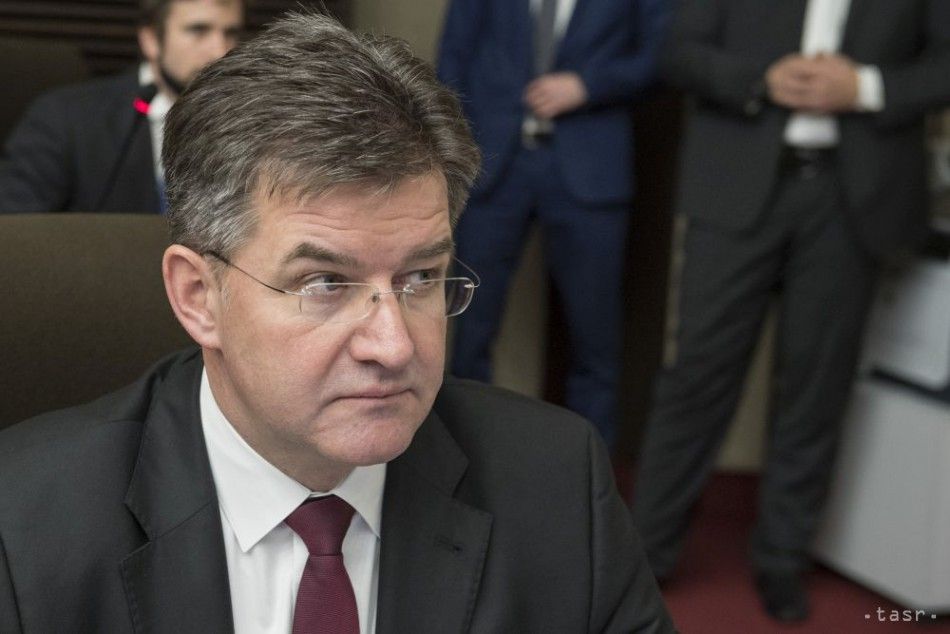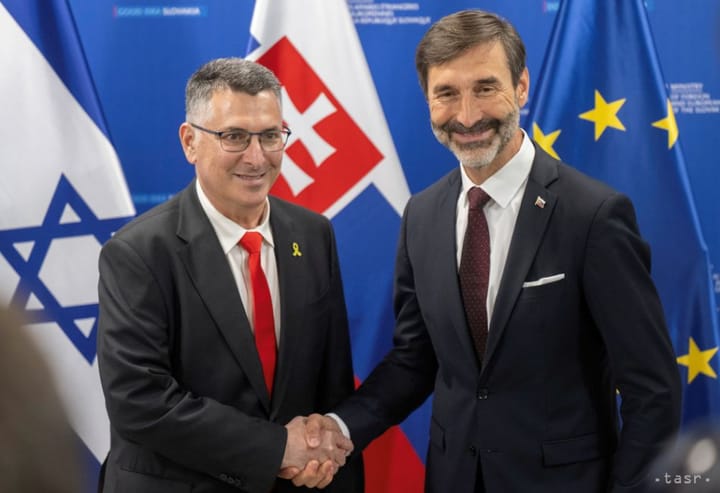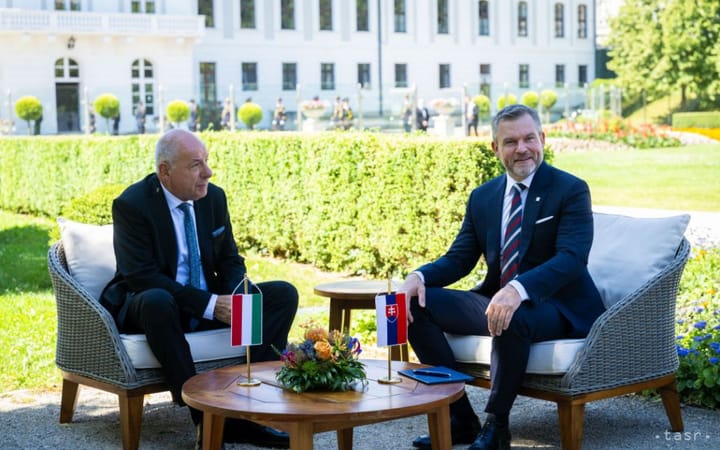Venezuela Issue Divides Coalition, Lajcak Lacks Support from Smer and SNS

Bratislava, February 6 (TASR) – Foreign and European Affairs Minister Miroslav Lajcak has unequivocal support on the issue of Venezuela neither in Smer-SD, which nominated him to his post, nor in junior coalition Slovak National Party (SNS).
On the other hand, Lajcak’s stance draws support from third coalition party Most-Hid and a portion of the opposition.
Lajcak promotes the approach of Slovakia adopting the stance identical with EU – namely, seeking a peaceful democratic solution to the Venezuelan crisis and calling for a new, free and fair presidential election. Smer-SD and SNS, on the other hand, wish for Slovakia to stay neutral. Their stance alarms Most-Hid, which warns of deviating too far from the pro-European policy. Lajcak attributes the diverging stances to next year’s parliamentary election being around the corner and the ongoing competition for voters.
Lajcak pointed out that a political consensus among the coalition, needed for Slovakia to embrace an unequivocal stance, is lacking at the moment.
“Neither Slovakia nor the EU support any violent action with respect to Venezuela; no intervention. The stance of the EU lies in the support for democratic elections, so that all the people of Venezuela have the right to decide freely whom they want as their top representative. This is the position of the EU, which is democratic and constitutes no interference with domestic affairs,” expounded Lajcak.
Parliamentary European Affairs Committee chair Lubos Blaha (Smer-SD) warned of potential war, however. Blaha is in favour of Slovakia extending humanitarian aid to Venezuela, but he rejects any support for the opposition leader (Juan Guaido). “I’m certainly not in favour of us supporting the opposition leader or American invasion. Both options are catastrophic,” he stated.
“I have no information about any invasion being in the works,” rejoined the minister.
Blaha added that it’s legitimate for the Slovak position to overlap with the EU stance to a degree, but shouldn’t copy it in entirety. “The Slovak Republic should adopt a neutral stance. Slovakia shouldn’t recognise opposition leader Guaido; it’s supposed to honour international law,” stated Blaha, while remarking that this is not his private view but the position of the whole Smer-SD caucus.
“That election certainly wasn’t free and fair,” responded Martin Klus of the opposition Freedom and Solidarity (SaS) party. Klus emphasised that the foreign policy of Slovakia should be shaped by the Foreign Affairs Ministry and the Government, not the chairman of the parliamentary European Affairs Committee. A neutral stance wouldn’t do, thinks Klus.
“We should stay non-committal and not join the ranks of those wishing to lynch someone,” claimed Jaroslav Paska of SNS. Paska believes that it’s necessary to seek understanding and refuses any violations of international law.
“The European Union is not a band of lynchers,” underlined Lajcak, reiterating that the EU supports a peaceful democratic solution and new democratic election in Venezuela.
“I’m saddened by all that talk about neutrality – going neither this way nor that. This is not about meddling in state sovereignty. We’re not talking military intervention here. We want a free democratic election. If people elect Maduro, let them do so,” claimed Katarina Csefalvayova of Most-Hid.
According to Csefalvayova, Lajcak is complying with the Government Manifesto. “I’m saddened to see the lack of consensus in the coalition… Our solidarity with partners in NATO and the EU is put into doubt as well as our unambiguous pro-European orientation and that’s dangerous,” she stated.
Despite the disputed presidential election, Nicolas Maduro was inaugurated on January 10 for another six-year term as president of Venezuela. Opposition leader Juan Guaido declared himself interim president on January 23. Washington immediately recognised him and said that Maduro was an illegitimate head of state. Guaido has also been recognised by Canada, Israel, most Latin American countries and several European Union states. Conversely, countries such as Russia, China, Iran, Turkey, Cuba, Mexico and Bolivia have supported Maduro.



